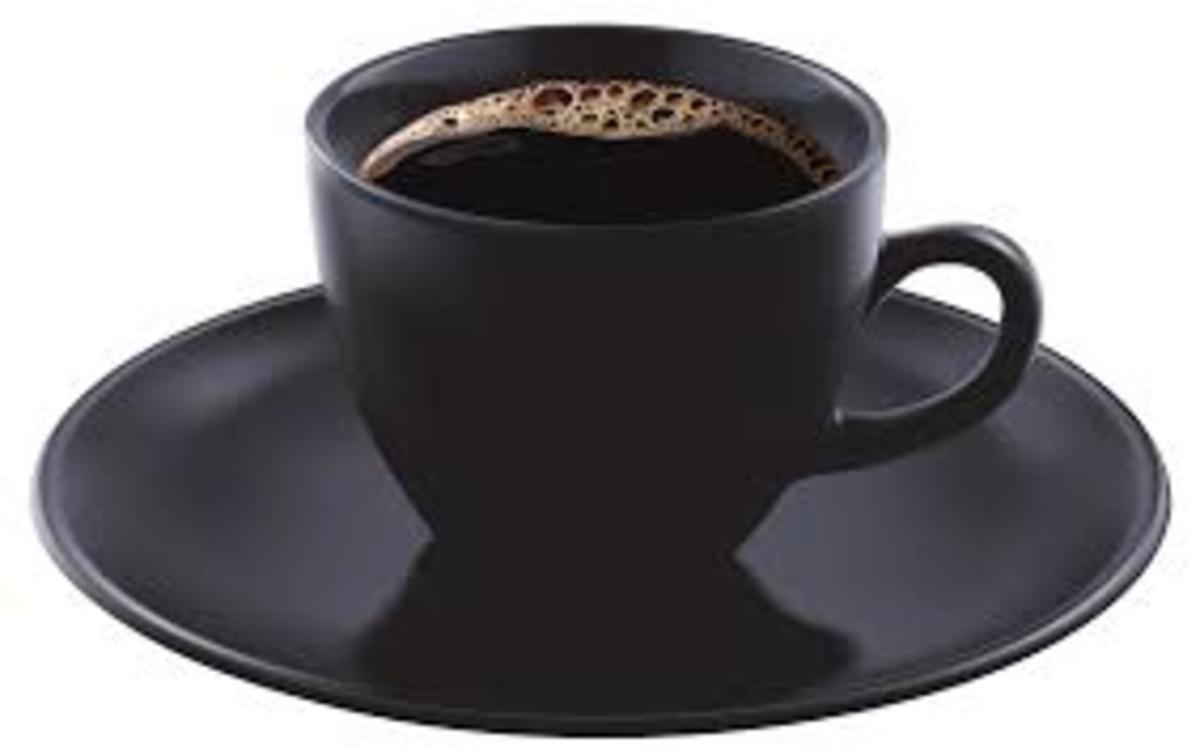Health Benefits of Coffee
More and more offices are concerned with the way office habits are affecting employees' health. Office related injuries can include neck strains, Carpal Tunnel Syndrome, or even eye strain issues. As you can see most office-related injuries result from repeated or habitual actions. These habit-related injuries are more common than haphazard injuries that result from accidents—like getting a finger sliced in the paper cutter or like getting a tie stuck in the automatic stapler.


Office related injuries can result in declined production and loss of cooperative or community within the office. And in the worst-case scenario, employees might be forced by their injuries to leave work completely. Because of this, employers and managers, concerned about the well being of their employees, search out ways to reduce office strains and office-related injuries. There are many brochures and packets available to help bosses educate their employees about these problems. But first, employers and employees need to understand the risks of office related habits.
One of the number one office habits, besides typing or sitting, is coffee drinking! Coffee is an essential part of the office routine. The stimulant helps employees wake in the morning and revive in the afternoon. Coffee, the number one office-drink of all time, is often labeled by scientists and doctors as a causing health risks. But a series of modern studies show that these antiquated presumptions about the health risks of coffee just aren't accurate.

Coffee is your employees' number one office perk, and you'll be happy to know that coffee won't be causing strain or long-term injury to your workers. In fact, coffee, as it have been revealed by scientists, may actually offer long-term health benefits. So the K-Cups coffees and instant coffees are safe! No need to throw them out for your office's health! Read on to find out why your employees' favorite stimulant is actually a healthy office habit!
It was long believed that coffee could be a potential health threat. Incorrectly blamed at one point for heart attacks, liver cancer, and bone loss, coffee is now a vindicated beverage. Throughout numerous studies in top medical research institutions across the United States the following results have been compiled and reported on a number of times.

Health Benefits of Coffee
Dementia: Studies show that individuals who drink 3-5 cups of coffee daily had 65% less chance of suffering from dementia.
Alzheimer's Disease: In a recent study, 70% of 2000 individuals returned after the original testing, 21 years prior, to complete the study. As a result, the study produced important, unprecedented insight into the effects of coffee-drinking habits. Those participants who drank coffee were less likely to develop Alzheimer's Disease. Scientists explain how this might work: caffeine reduces the brain's formation of amyloid plaques, which often corresponds to the onset of Alzheimer's.
Type 2 Diabetes: Many studies have also linked coffee consumption to the decreased risk of diabetes. Scientists attribute this to the beneficial antioxidants and chlorogenic acid found in coffee.
Parkinson's Disease: It was reported that 13 different studies indicate that people who drink coffee have a 30% lower risk of developing Parkinson's disease. This positive effect of coffee is attributed to the caffeine.
Boosted Metabolism: Caffeine is known to speed up metabolism. By drinking just 100 milligrams of caffeine (an average coffee cup might have at least 3 times that amount) individuals can burn an extra 75-100 calories a day. But warn your employees that drinking coffee is not an easy, one-step diet plan. Studies show that increased caffeine intake is often correlated with weight gain. So to keep off extra calories, make sure your employees' working hours accommodate healthy eating during work and exercise after work.
Mental Performance: Caffeine can be good for the brain and great for office productivity. Tests have shown that caffeine can improve performance by augmenting alertness, reaction time, memory and the ability to complete complex tasks.
Aerobic Activity: Studies demonstrate that when conducting aerobic activity, like running or cycling after work, caffeine can help bodies burn fat instead of carbohydrates. In this way, caffeine can help your employees feel more fit and maintain a long-term healthy lifestyle.

Disproved Health Risks of Coffee
Diuretic: For a few decades, scientists believed that coffee was a diuretic and therefore caused dehydration. However modern studies indicate while ingesting up to 550 milligrams of caffeine in some kind of caffeinated beverage like coffee, individuals are actually getting hydrated! The average coffee contains about 300 milligrams of caffeine. So most individuals will be getting their needed liquids through coffee. It is only above the measure of 575 milligrams that caffeine becomes a diuretic, therefore causing dehydration in coffee drinkers. If your employees are drinking 3 or more cups of coffee a day, remind them to alternate a glass of water or juice into their routine so that their bodies can remain hydrated.
Heart Disease: In decades past, doctors advised heart patients to avoid coffee, thinking that the stimulant caffeine caused increased blood pressure. However a study that spanned 15 years and included 27,000 women illustrates that the risk of cardiovascular disease is reduced by 24% for individuals who drink 1-3 cups of coffee a day.
Hypertension: Caffeine was once the suspected culprit of rising blood pressure. But a study that included 155,000 participants proves that neither individuals who drink regular caffeinated coffee nor those who drink decaf coffee are more likely to develop hypertension. In fact individuals who drink sodas were more likely to develop hypertension. So employers: be sure to inform your employees about the benefits of laying off the fizzy drinks!
Bone Loss: It was once assumed the caffeine was a major cause of bone loss of bone fracture, however it's apparent that caffeine only causes slight reduction of calcium absorption.

Harvard scientist Dr. van Dam says that all these proven benefits shouldn't instruct people to increase their coffee consumption to access these benefits, ''but the evidence is that for most people without specific conditions, coffee is not detrimental to health." These studies merely set the record straight: coffee is not harmful. So, there you have it: there's no need to lock up your office coffee machine or the Keurig brewer.
Coffee can actually contribute to your health and wellbeing. So instead of fearing the effects of coffee, go ahead and embrace it. Let employees enjoy their coffees!








